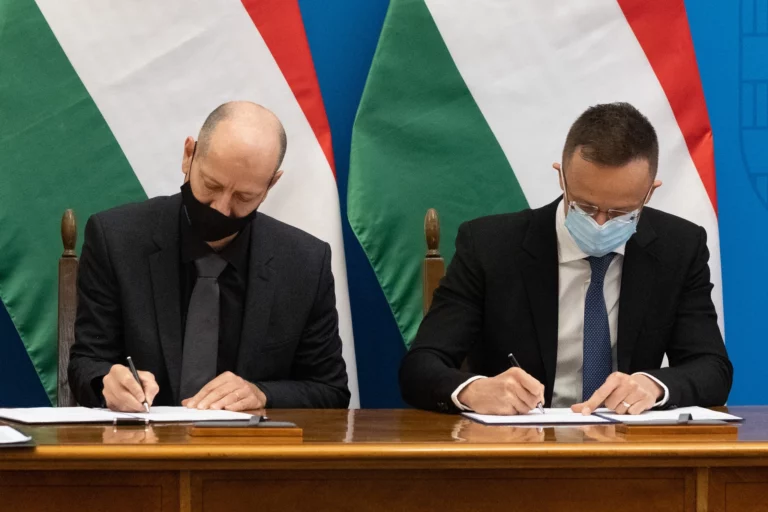Sweden
Hungarian minister meets Electrolux, Ericsson heads in Stockholm

Swedish men’s handball team moved car in Budapest with bare hands – VIDEO
Kidnapped in Sweden? Interpol helps the Hungarian father to find his daughter

Government concluded strategic agreement with Swedish giant

Anniversary of Budapest Jewish ghetto liberation commemorated by Mazsihisz
"Remembrance is a part of our shared future," András Heisler, the president of the Federation of Hungarian Jewish Communities (Mazsihisz),...
Wizz Air passengers forced to wait half a day in Stockholm

Government: migrants used as pawns in hybrid warfare

CJEU: Courts’ right to turn to CJEU precludes national law

Here is why more and more Swedes move to Hungary!

Hungarian dating app enters foreign market

Hungary is ready to open a corridor for migrants to “march up to Austria, Germany and Sweden”

We do not want to live in a European empire, says Hungarian justice minister

Minister: the government will fight against anti-Semitism!

Two families saving Jews in WWII remembered in Budapest
Did the Swedish PM really lie about the situation in Hungary?

Young Swedish tourist raped in Budapest – court trial began

Orbán cabinet: Children injured in shooting in Sweden
Jobbik MEP Gyöngyösi: Can corrupted Hungary escape EU judgement?





 ZH
ZH IT
IT DE
DE HR
HR NL
NL FR
FR JA
JA RO
RO RU
RU ES
ES TR
TR
